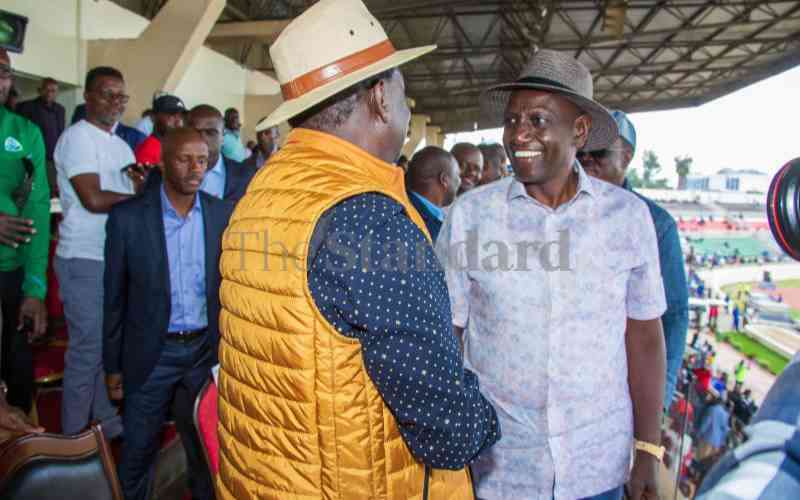
In politics, he who has the people is more powerful than the one who has the sword. Seemingly, Raila Odinga will, if he hasn't yet, have the people, courtesy of the economic crisis while President William Ruto will soon be left with the sword. As such, the relaunched demos should awaken President Ruto to think of innovative ways of benevolently taming Raila.
You may ask, isn't the cost of living unbearable? Aren't citizens struggling to survive? Sure, even without all these, there are a thousand reasons to launch demos and picketing-it is a right enshrined under Article 37 of the Constitution.